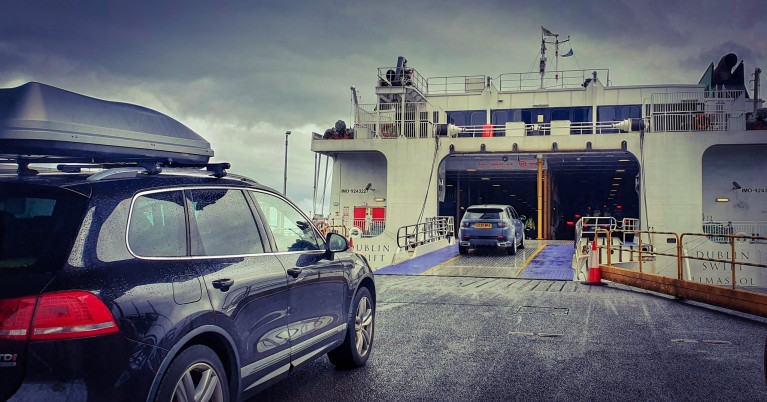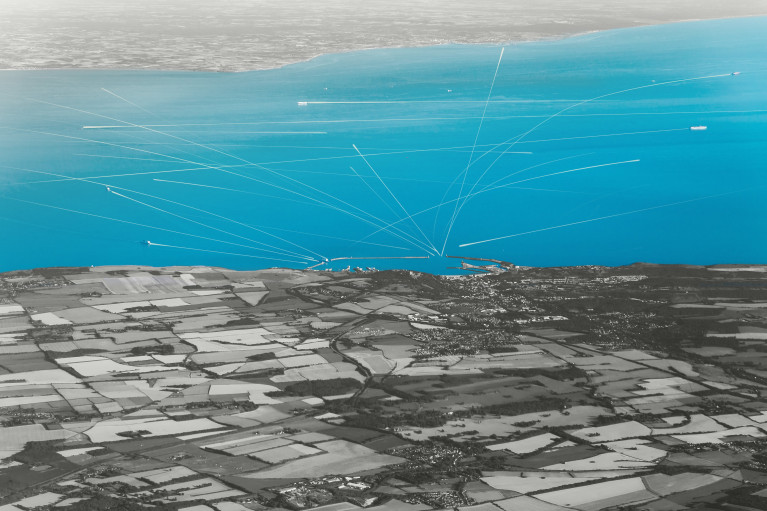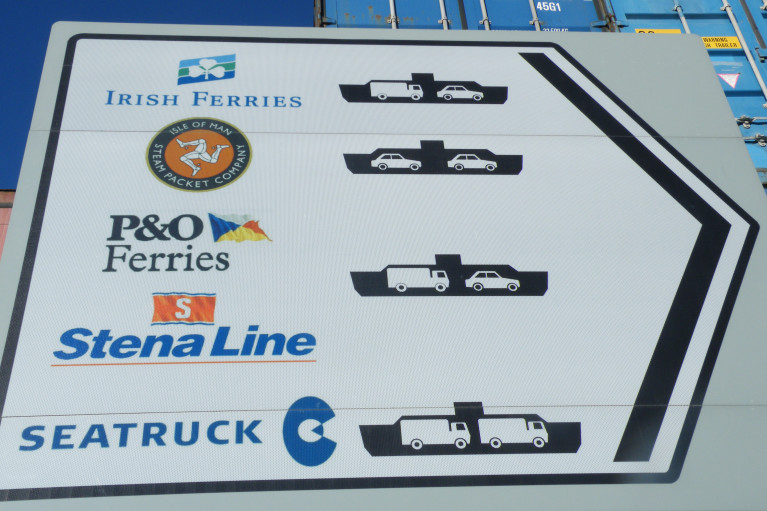Displaying items by tag: Restrictions Eased
The owner of Irish Ferries, the Irish Continental Group said it has been forced to pass on increased costs to consumers in the form of higher prices.
In a trading update (see also) the ferry operator reported an 80 per cent increase in revenue to €161 million for the first four months of 2022 while noting car and freight traffic had increased significantly.
The increase was principally due to the easing of travel restrictions as compared to the same period last year, increased fuel surcharges and the new Dover – Calais service which commenced in June 2021, it said.
Total revenues across the group’s ferries division amounted to €98 million, up 165 per cent on the prior year. Irish Ferries carried 123,600 cars, an increase of 682 per cent on the previous year while freight carryings were 223,900 units, an increase of 170.7 per cent compared with the same period in 2021.
The group said its cost base has been affected by higher global prices, particularly fuel prices and charter rates.
The Irish Times reports more including plans by the UK government to prevent ferry companies operating out of UK ports paying below the country’s minimum wage.
As Afloat reported previously reported this could have implications for Irish Ferries.
UK's Busiest Ferry Port of Dover Welcomes Relaxation of Entry Requirements into France
The UK's busiest ferry Port of Dover today issued a statement that welcomed the relaxation of entry requirements into France, including news that passengers will no longer need to provide a reason for travelling.
Fewer checks will reduce the current travel time for passengers and we hope will encourage a greater number of visitors to France and beyond via the Port of Dover.
Tourist volumes were dampened in December by enhanced requirements imposed by the French Government, but there is now a real desire from the public to safely resume normal travel.
With the benefits of driving in your own vehicle straight onto the shortest ferry crossing to France where there is plenty of space and open sea air, the Port of Dover is a great option for those looking to travel securely again.
The port is served by three operators, Afloat adds with the latest newcomer Irish Ferries entering the Strait-routes market last summer.
The Dublin based operator competes with P&O Ferries and DFDS on the premier route to Calais, whereas the latter company also serves Dunkirk.
Restrictions Eased on Non-Essential Overseas Travel
Ferryports, airports and the tourism industry are preparing for an uptick in business from this morning as travel restrictions into and out of the country are eased.
From today, Ireland joins the rest of the EU in implementing the Digital Covid Certificate.
This means it will be possible to travel to Ireland from countries within the EU, Iceland, Liechtenstein, Norway and Switzerland with no requirement to quarantine if you have proof of being fully vaccinated, having recovered from Covid-19 or have had a negative PCR test 72 hours prior to arrival.
Passengers arriving from the UK and US will also no longer have to self-isolate on arrival if they have valid proof of vaccination or that they have recovered from Covid-19.
However, the public health advice is that if you are not vaccinated, you should avoid high-risk activities including international travel.
Amid the Delta variant spreading around Europe, Chief Medical Officer Dr Tony Holohan has said NPHET are not discouraging people who are fully vaccinated from travelling abroad.
Speaking at last week's NPHET briefing he advised those still waiting for their vaccine to hold off on international travel.
RTE News has more here.
































































